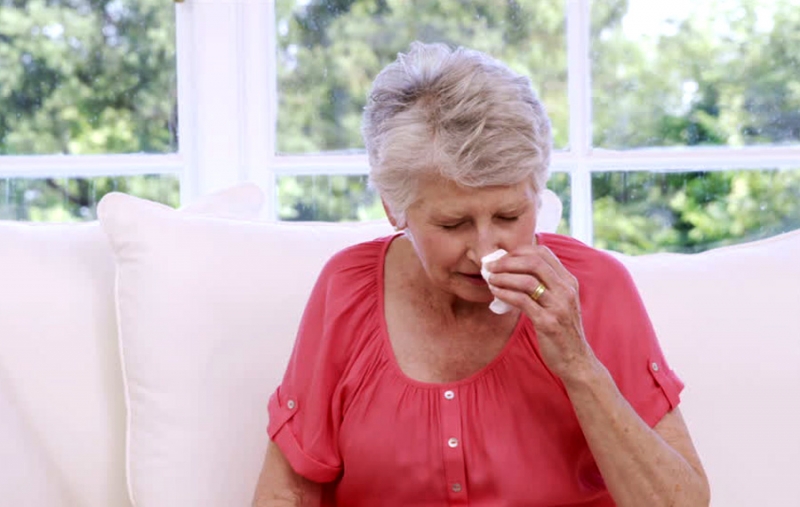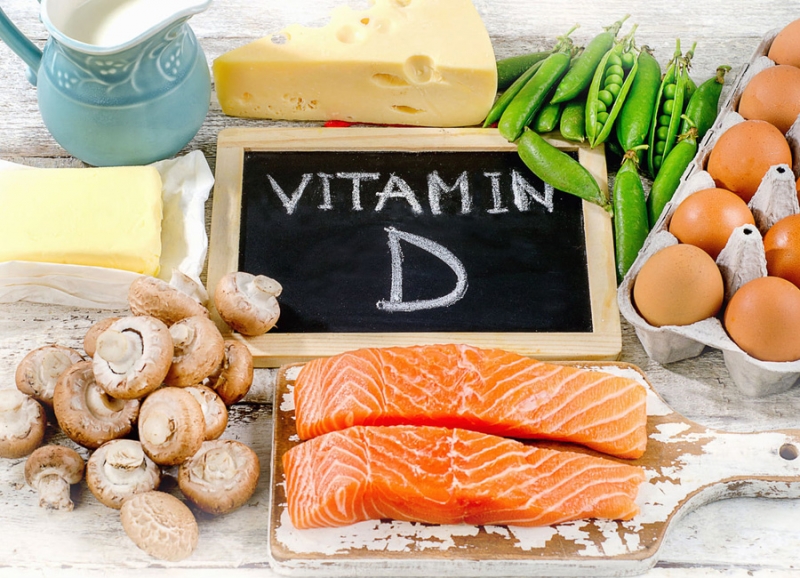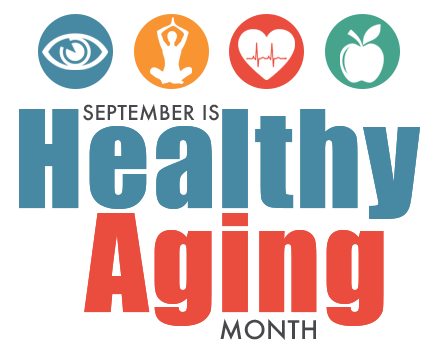Fears of being placed in a nursing home preoccupy a supermajority of older adults as in surveys about their course of aging they consistently ranked memory loss, financial insecurity and losing independence as their top three concerns.1 Yet, after age 80, the risk of being placed in a nursing home increases significantly. Seniors of advanced age experience what is termed “functional aging”, that is an inevitable, progressively declining continuum in functional ability from having a stable capacity to perform daily activities through a state of physical vulnerability (influenced by cognitive loss) in which the person is losing independence.2 At advanced ages, some caregiver support becomes necessary for many, and for some, a nursing home admission.
Although most seniors accept that the aging process accelerates physical and cognitive decline after age 80, they want to know whether they have any means to control the degree or pace of their functional losses. This article discusses the evidence-base showing that changes in lifestyle, particularly engaging in exercise targeted to improving functional fitness even in seniors who were mostly sedentary, can slow and in some cases reverse functional impairment, which in turn reduces the risk of being placed in a nursing home. In fact, there is strong evidence that long-term habitual exercise is linked to a slowing of the biological aging process, which certainly enhances independence.3: but, studies also show that even sedentary older adults who begin to exercise in later life can see significant improvements in physical and cognitive health.4
Functional impairment is caused by not only age, cognitive decline, multiple chronic medical conditions or following an acute medical event, but also from lifestyle choices- a sedentary lifestyle is shown to decrease functional fitness levels which in turn increases functional impairment while engaging in a physically active lifestyle appears to derive a polar opposite effect.5 Functional impairment reduces ability to perform activities of daily living, “ADL’s”:6 and, consequently, the most common reason that very old adults are placed in a nursing home is loss of ability to perform ADL’s.7 (Over 80% of nursing home residents need assistance with 3 or more ADL’s). Thus, when functional fitness is improved through exercise, that is, when an older adult experiences an enhanced ability to the summon strength, energy and executive function needed to carry out basic ADL’s, independence is retained for longer which reduces the risk of being placed in a nursing home.8











 Hello! It’s National Healthy Aging Month in the month of September! What is healthy aging you ask? Healthy aging is defined as the process of developing and maintaining the functional ability that enables well-being in older age.
Hello! It’s National Healthy Aging Month in the month of September! What is healthy aging you ask? Healthy aging is defined as the process of developing and maintaining the functional ability that enables well-being in older age. 




